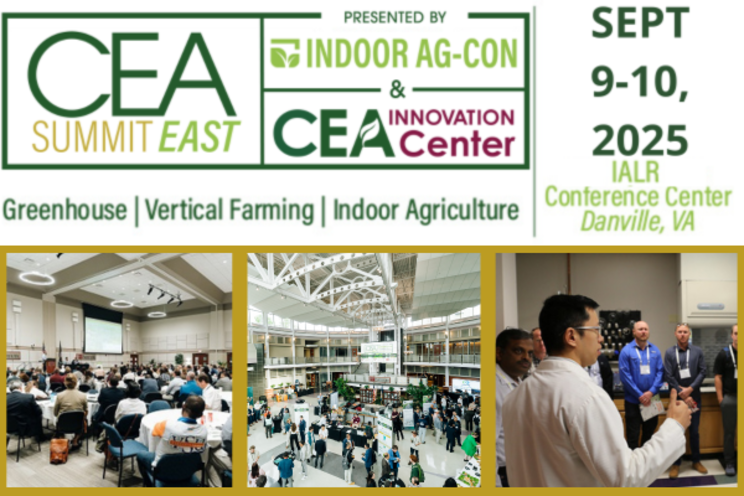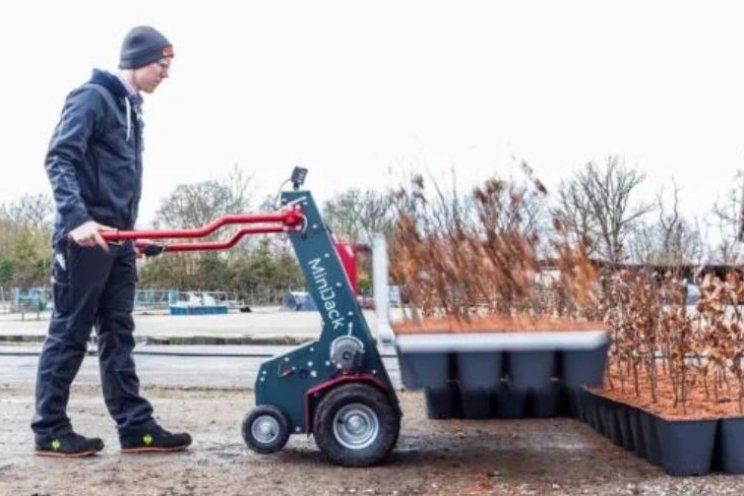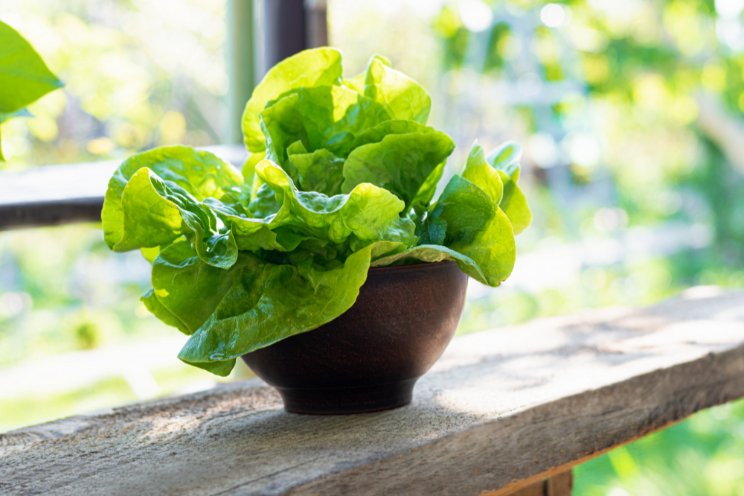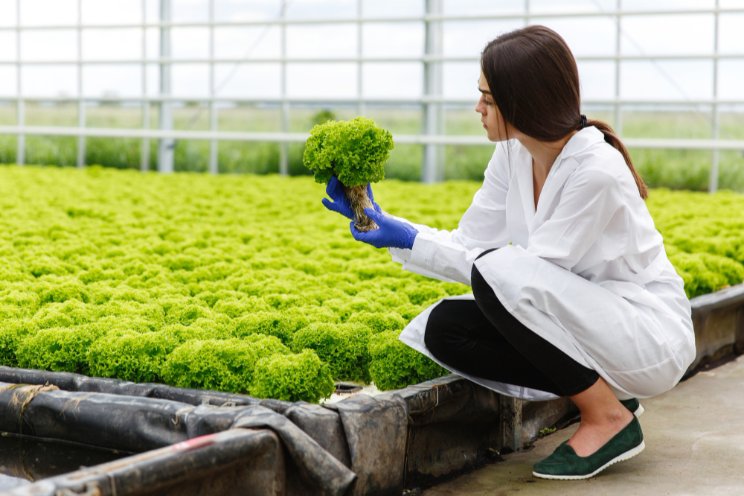Creating a climate for growth
Added on 01 April 2022
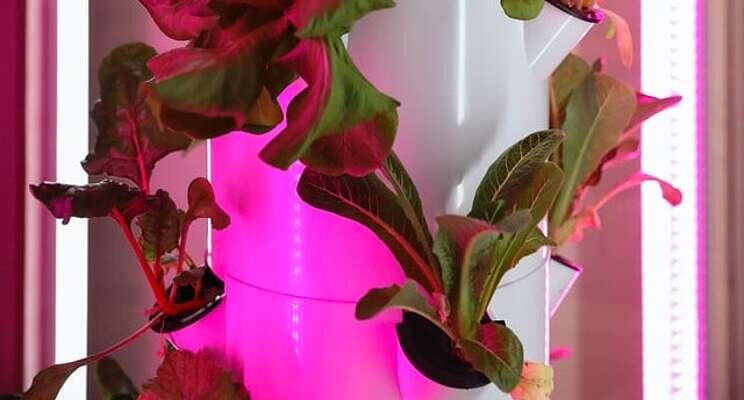
Food security and self-sufficiency are high up on the agenda of Governments across the Middle East, with many countries having established national food security strategies. Amongst other factors, population growth, urbanization, climate change, a fluctuating oil price, and most recently the global pandemic, are all factors that pose significant risks and challenges to sustainable food supply across the region. With only 1.7% of the total land area in the GCC countries being arable due to the region's arid desert climate, up to 90% of the total demand for food is currently imported.
There have been significant strides in food security across the Middle East in recent years through government investment, public policy, knowledge partnerships and innovation in the agriculture sector. Although these all bode well for the future of the sector in the region, there is still a lot of work to do to transition to a sustainable farming model and achieve environmental and local production targets.
At Priva, our vision is to bring knowledge, people and technology together to contribute to a sustainable world where a growing population has access to safe and nutritious food. With this view, we opened our Middle East branch office in Dubai last year. Through our local presence on the ground, we work alongside local entrepreneurs, farmers, investors, educational institutes and the government, to help create a sustainable food ecosystem.
Achieving sustainable agriculture is a long-term challenge for the sector globally and firmly embedded in the 'Zero Hunger' goal as part of the UN Sustainable Development Goals (SDG). With 1.3 tonnes of food being wasted - of which 75 million tonnes* in the production of fruit and vegetables - whilst more than 2 billion people don't have adequate access to food, we all understand the importance and urgency in getting this right. In addition, food waste is a key contributor to climate change accounting for 8% of global greenhouse gas emissions. Although food waste happens at every level in the supply chain, it's important to note in this context that 20%** of the fruit and vegetable losses happen in the production phase.
Photo by Mick Haupt on Unsplash
Source: Agritech Tomorrow
More news


